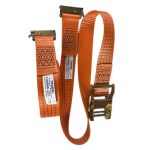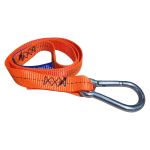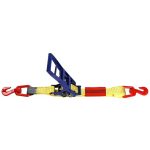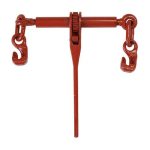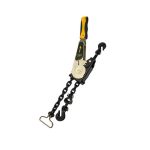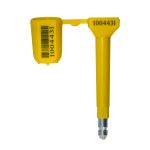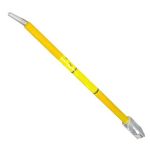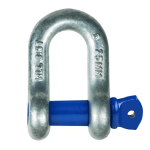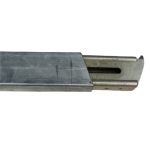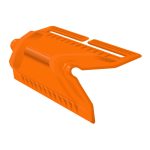For managing directors in the transport and logistics industry, efficient fleet management is crucial for ensuring smooth operations, maximising productivity, and minimising costs. By implementing best practices in fleet optimisation, maintenance scheduling, driver management, and leveraging technology solutions, managing directors can enhance fleet performance and achieve significant benefits. In this blog post, we will delve into these key areas of effective fleet management and provide valuable insights to help you streamline your operations.
Fleet Optimisation:
Efficient fleet utilisation is a cornerstone of effective fleet management. By analysing historical data, demand patterns, and route optimisation techniques, managing directors can determine the optimal number and type of vehicles required. This helps in minimising underutilised vehicles and reduces unnecessary fuel consumption, maintenance costs, and carbon emissions.
Proactive Maintenance Scheduling:
Regular and proactive maintenance is essential for keeping your fleet in optimal condition. Implementing a scheduled maintenance program ensures that vehicles are serviced and inspected at appropriate intervals, reducing the likelihood of breakdowns and costly repairs. By staying on top of maintenance, managing directors can extend the lifespan of their fleet, improve safety, and avoid unexpected downtime.
Driver Management:
Effectively managing drivers is vital for fleet performance and safety. Clear communication of expectations, providing ongoing training and support, and implementing driver performance monitoring systems can help improve fuel efficiency, reduce accidents, and enhance customer satisfaction. Managing directors should also prioritise driver well-being, ensuring fair work schedules and fostering a culture of safety and professionalism.
Leveraging Technology Solutions:
In today’s digital era, technology plays a pivotal role in fleet management. Managing directors can leverage fleet management software, telematics systems, and GPS tracking to gain real-time insights into vehicle performance, fuel consumption, and driver behaviour. This data allows for informed decision-making, proactive maintenance, route optimisation, and effective resource allocation. Additionally, technology solutions enable better communication and coordination between drivers, dispatchers, and customers, resulting in streamlined operations and improved customer service.
Regular Performance Analysis:
To continuously improve fleet management practices, managing directors should regularly analyse key performance indicators (KPIs) and metrics. Monitoring fuel efficiency, maintenance costs, vehicle utilisation, and driver performance provides valuable insights into areas that require improvement. By setting benchmarks and tracking progress, managing directors can identify opportunities for optimisation, implement corrective measures, and drive operational excellence.
Effective fleet management is a critical aspect of achieving operational efficiency and cost optimisation in the transport and logistics industry. By implementing best practices in fleet optimisation, proactive maintenance scheduling, driver management, and leveraging technology solutions, managing directors can enhance fleet performance, minimise costs, and ensure customer satisfaction. Embracing these practices will not only improve overall operations but also position your organisation for success in a competitive market. Remember, efficient fleet management is an ongoing process that requires continuous evaluation, adaptation, and innovation to stay ahead in an ever-evolving industry.









